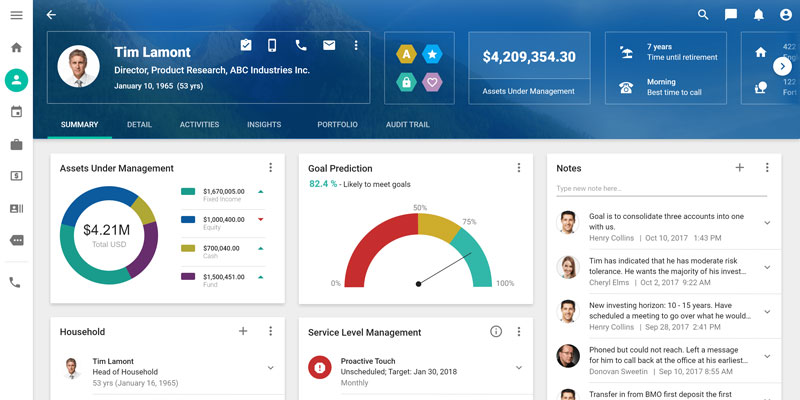Whole-life annuities are investments designed to continue making payments to the annuitant for the whole of their life. Insurance companies balance the danger they take on by combining their customers' rewards and providing "humanity credits" to annuity owners who survive for a longer time than was predicted. Individuals with an annuity who did not choose a beneficiary on the contract would benefit from this. However, this particular format is not appropriate for everyone. You should consider purchasing a period certain annuity if you want the income security that comes with purchasing a lifetime annuity. Still, you also want the option of designating a beneficiary to receive the remainder of the value of your annuity if you pass away prematurely. Let us see what is a period certain annuity.
What Is a Period Certain Annuity?
Period certain annuities are similar to lifetime annuities. However, rather than paying out throughout the remainder of the annuitant's lifespan, they pay out a guaranteed income for a certain amount of time, usually 10 to 20 years, no matter how long the annuitant lives. For a period certain annuity would remain to pay money to the person or group termed in an agreement as the beneficiary after the annuitant dies.
If a straight-life or joint and survivor annuity have a period certain options, it means that the insurance company has to keep making payments even after the annuitant dies. Because of this, the payments are usually less than what you'd get from an annuity that lasts your whole life.
Life Annuity with Period Certain

A life annuity having a period certain is really a cross choice that gives payments for life and an assured pay for a certain amount of years. For example, if you buy a single-life annuity with 20 years certain and die 10 years later, your beneficiary will still get payments for another 10 years. Suppose you don't choose a period certain option. In that case, your income benefits will stop when you die, and the insurance company will use the rest of your contract's value as "mortality credits" to pay your other annuitants.
Advantages of a Periodic Certain Payout
- Many people don't buy annuities because they don't know how much money they will get back. We don't know how long we'll live, so we don't know what to expect.
- With a period-certain annuity, on the other hand, you know for sure how long your payments will last. You set your payment schedule. You will know exactly how much each payment will be and how many payments you and your beneficiary will get.
- Also, the payments will be larger than payments from a straight-life annuity if the period certain is shorter than the life expectancy of the measuring life.
The Disadvantages of a Periodic Certain Payout
- Michael Kitces of Buckingham Wealth Partners talked about how vital mortality credits are for annuity owners that survive longer than their expected life span. He also said, "Attempting to defend against annuity loss and secure heirs takes away a great deal of the advantages that annuities are designed to provide in the first place."
- Period certain annuitization assurances a certain amount of money for a certain amount of time, no matter how long the annuitant lives. This is good when you pass away before the period certain. However when you live longer, For your lifetime, you will not have the safety of monthly income.
- This is the primary purpose of a life annuity with a period-certain option or a period-certain annuity. People with an annuity who select this payout choice give up the extra money they would get if they lived longer than others with annuities in the same pool.
Pure Life Annuity versus Period Certain

The person who buys a pure life or lifetime annuity gets a benefit until they die. After that, neither the estate nor the person who is supposed to get the money will get any more. There is no chance that the money this kind of annuity gives you in retirement will run out before you do. By picking a period certain choice in a lifetime, guaranteed, or certain annuity, the annuitant may decide when the advantage will begin and how lengthy it would last so that it fits their retirement and estate planning needs as well as how long they think they will live. With a period certain option, the estate or beneficiary of a deceased annuitant can still get annuity payments for a set amount of time after the annuitant has died. Most annuities with a fixed term last 20, 15, or 10 years.
Conclusion
Whether you should get a period certain annuity or not depends on what you need the money for and how long you need the payments to last. With a period certain annuity, you can ensure that someone else will get payments from the annuity if you die unexpectedly.



